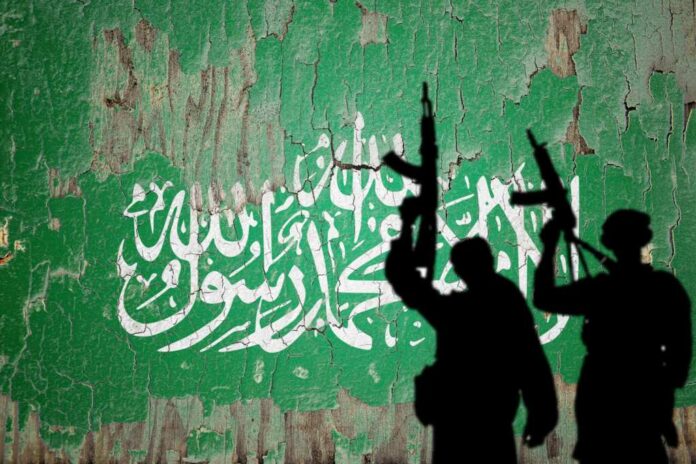
Israel and Hamas have resumed high-stakes hostage negotiations in Qatar as Israeli airstrikes intensify in Gaza, deepening the region’s humanitarian crisis and testing diplomatic resolve.
At a Glance
- Hamas proposed releasing nine hostages in exchange for a truce and prisoner release
- Israel demands proof of life and details on remaining hostages before agreeing
- Qatar and the U.S. are mediating amid continued Israeli military operations
- Over 300 reported dead since launch of Israel’s “Operation Gideon’s Chariots”
- Gaza faces severe food shortages and growing famine risk under aid blockade
Diplomatic Tensions Rise in Doha
In a rare opening for diplomacy, Israel and Hamas returned to negotiations in Doha, Qatar, with American and Qatari mediators seeking to broker a hostage deal. Hamas has reportedly offered to release nine captives in exchange for a short-term ceasefire and the release of Palestinian prisoners. Israel remains cautious, insisting on proof of life and full details on the fate of all remaining hostages.
Prime Minister Benjamin Netanyahu emphasized the need for a balanced resolution, signaling openness to a conditional 60-day truce. Any agreement would likely include increased humanitarian access, including up to 400 aid trucks entering Gaza daily—assuming hostages are freed and militants halt attacks.
Watch a report: Israel-Hamas talks resume as Gaza offensive escalates.
“Operation Gideon’s Chariots” Pounds Gaza
As talks continue, the Israeli Defense Forces launched a major new offensive dubbed “Operation Gideon’s Chariots,” aiming to degrade Hamas capabilities and pressure negotiators. The campaign has reportedly killed over 300 people, including militants and civilians, renewing fierce debate over proportionality and strategic value.
Israel describes the offensive as essential to dismantling Hamas and securing hostages’ release. However, humanitarian advocates warn that such operations are worsening conditions for Gaza’s 2.3 million residents. Philippe Lazzarini of UNRWA asked, “How many more Palestinian lives will be wiped off from their homeland by bombardments, hunger or lack of medical care?”
Gaza’s Humanitarian Crisis Deepens
Gaza’s civilian population is bearing the brunt of the siege. A crippling blockade has halted most aid deliveries, creating dire food shortages and medical supply gaps. Desperate residents now face a looming famine, prompting accusations that Israel is “using food as a weapon,” as Ghada Al Qurd warned.
Despite mounting international concern, Israel remains firm on withholding any ceasefire absent verifiable concessions. With infrastructure crumbling and hospitals overwhelmed, the humanitarian fallout now threatens to derail diplomatic progress entirely.
Negotiators in Qatar are racing against time, as every delay exacts a human toll. The question remains whether the prospect of saving lives—hostages and civilians alike—can overcome the entrenched mistrust and strategic brinkmanship defining the Israel-Hamas conflict.




















